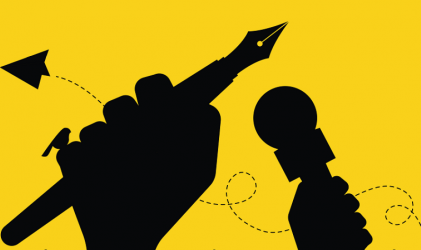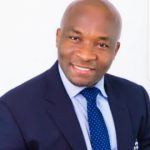With the dawn of a new administration, the clarion call for a free press in Nigeria grows louder.
However, the WSCIJ 2022 media monitoring report of civic space infractions across ten years (2012-2022) showed journalists as primary victims of violent attacks by state and non-state actors.
The 2023 World Press Freedom Index corroborates this as it ranked Nigeria 123 out of 180 – one of the most dangerous and difficult countries for journalists to work in.
International Press Centre (IPC) recorded sixty-six cases of attacks on Nigerian journalists and three on Media Houses in 2022, while the Centre for Journalism Innovation and Development (CJID) recorded 45 attacks on journalists in 2023 only.
Data collated between 2015 and 2023 by ‘Spaces for Change’ showed 767 cases of civic space infractions bordering on freedom of expression, freedom of association and assembly…
Press freedom, digital closure and surveillance, as well as anti-money laundering/counter financing of terrorism cases that targeted journalists, media organisations and dissenting voices.
The National Broadcasting Commission (NBC) regularly issues contestable sanctions to broadcast stations under different guises. At the sub-national level, state governors have not fared better.
In 2022, reports said the Zamfara state government shut down four broadcast stations for transmitting the political rally of an opposition party.
In Gombe state, the state government allegedly ordered the arrest of a Federal Radio Corporation of Nigeria (FRCN) staff for hosting an opposition member on his radio programme.
The Foundation for Investigative Journalism reported various sanctions by NBC on over 100 news platforms in the last eight years.
To halt the sloppy slide, the new government must abort repressive bills and laws that seek to gag press freedom. It must adopt affirmative action.
During the WSCIJ May edition of Journalism and Society Twitter Spaces marking the 2023 World Press Freedom Day, speakers suggested that the new administration must see the media as partners in nation-building.
They urged the 10th National Assembly to enact laws to empower journalists and the media and encouraged the media to continue to speak up in the face of oppression, irrespective government’s disposition.
Now, more than ever, media support organisations and civil society groups must collaborate and empower small independent media organisations to hold the government to account.
Media organisations with national spread must take their place of pride and lead the defence of the press.
Courtesy of our Civic Space Guard project and other interventions, the WSCIJ will also continue to fortify the position of the media as the protector of the civic space…
Create platforms for conversations, support the media, and engage stakeholders to improve the robustness of human rights.
Whether the Tinubu/Shettima government will intentionally uphold press freedom is unknown. We, however, know that a shackled press births a shackled democracy and impinges on national development. And we will relentlessly call the government to task on this requirement of democracy.
*Motunrayo Alaka is the ED/CEO, Wole Soyinka Centre for Investigative Journalism









Comment here